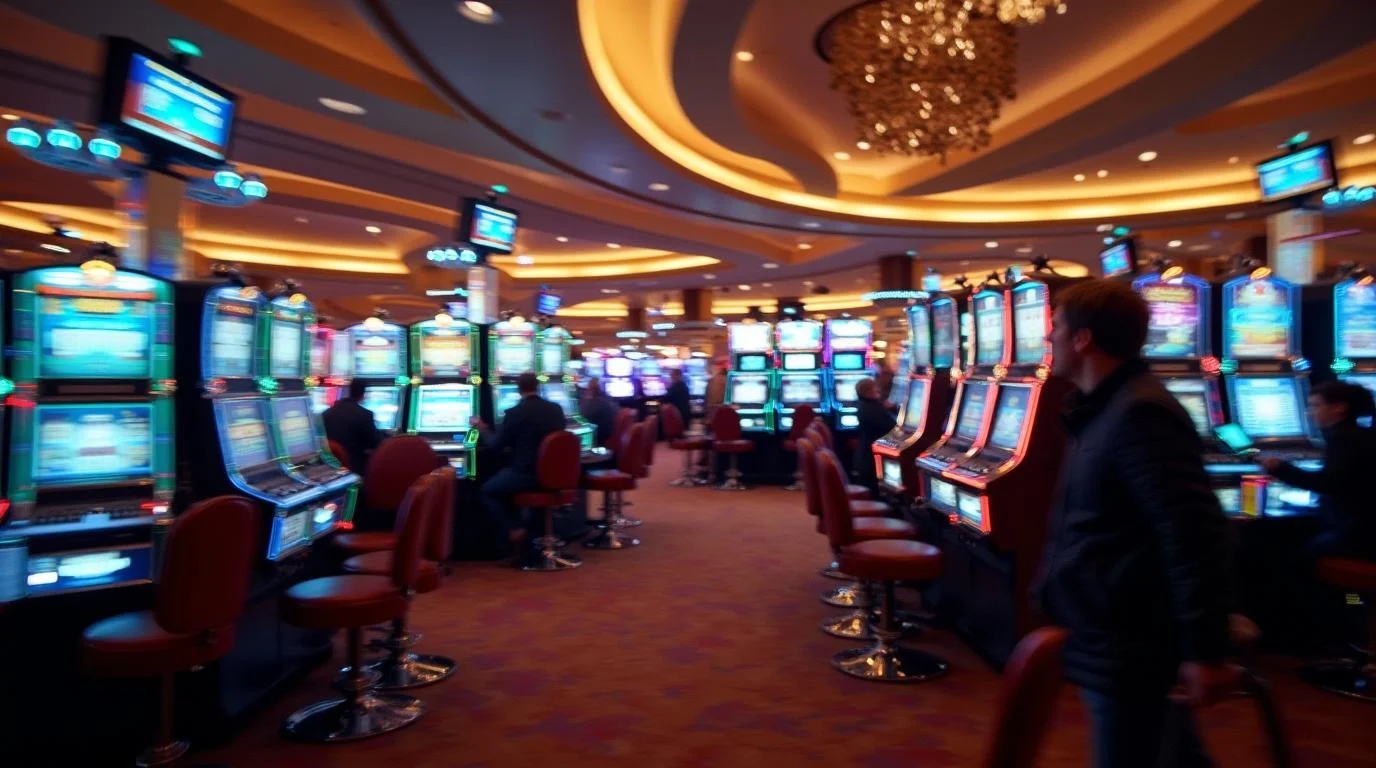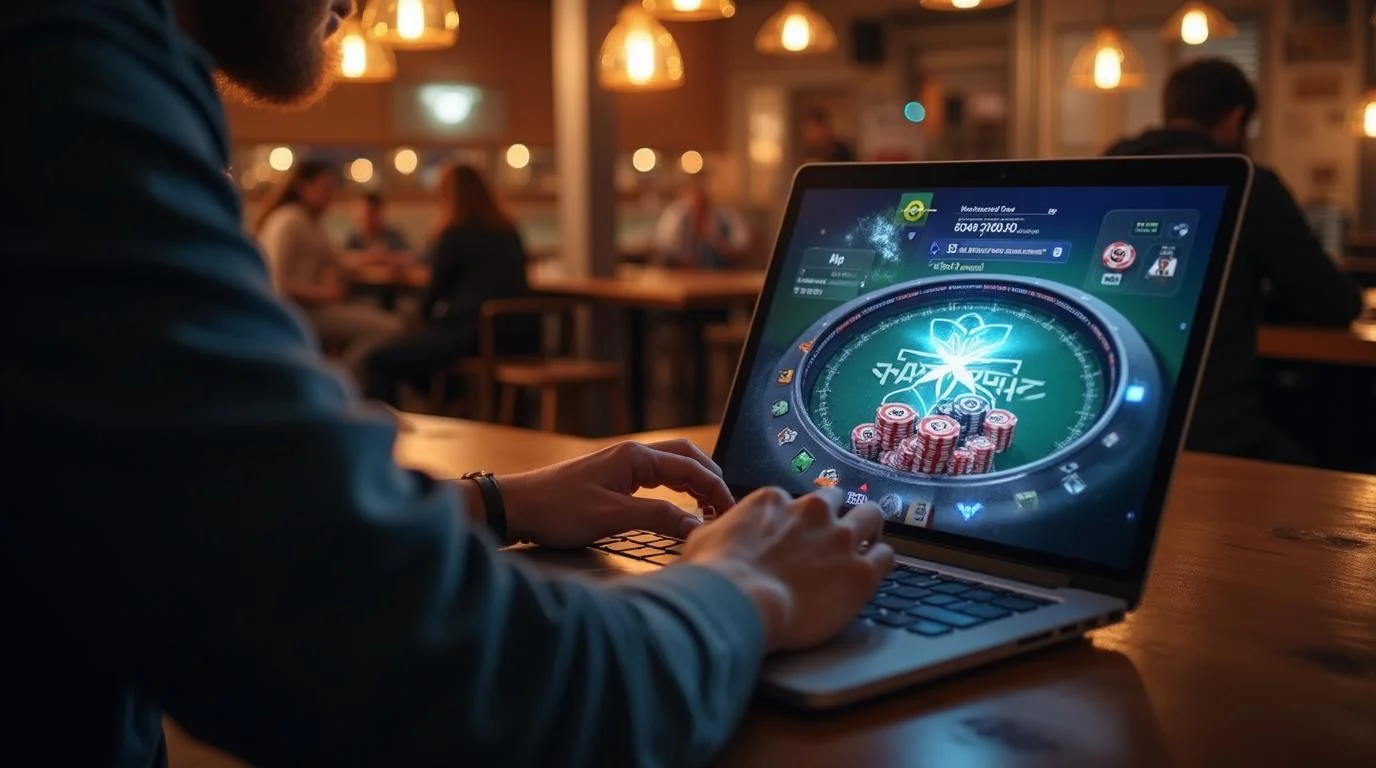Mystery French Citizen Wagers $45 Million on Trump to Win Through PolyMarket Platform

1.0
Default
An anonymous French native has bet on Trump to win the election, and the bet is pretty substantial: a total of $45 million. The 'whale' made the bet through Polymarket, the offshore prediction platform.
In a striking display of high-stakes speculation, an unidentified French bettor has wagered a massive $45 million on former US President Donald Trump's success in the upcoming presidential election. This high-roller has chosen Polymarket, the offshore prediction platform, where they have become the focus of industry intrigue due to the sheer scale of the bet, which represents a full 1% of the total $2.4 billion betted on the platform's presidential election market.
The trader, who has carefully distributed their bets across four accounts - Theo4, Fredi9999, Michie, and Princess Caro - has captured attention not only for their confidence in Trump but also for the calculated nature of their bets. These stakes range from modest sums to substantial bets in the tens of thousands, with one account, Fredi9999, responsible for the largest position. This account alone has amassed a $13.8 million stake supporting Trump and wagering against Kamala Harris.
Polymarket's response: No attempt at manipulation
Polymarket has publicly stated that this mystery bettor is a seasoned investor with a background in financial services and "extensive trading experience." In a press release, the platform clarified that it believes the trader's heavy investment is purely a directional bet aligned with their personal views on the election outcome. Despite the enormous wager, Polymarket asserts this is not an attempt to manipulate the election market.
However, questions remain about the potential impact of such an outsized position on market dynamics. Experts speculate that the spread-out nature of the bets - multiple smaller transactions rather than a singular large one - might be intended to prevent a significant price shift for Trump's odds, thereby allowing the bettor to lock in favorable returns if their prediction holds. The strategy suggests a calculated approach to maximize financial gains rather than merely influence public perception.
Echoes of past market influences: a flashback to 2012
This incident recalls an earlier episode on the defunct trading platform Intrade during the 2012 election. In that case, an anonymous trader made substantial bets on Mitt Romney, equating to over one-third of all Romney-backed wagers and one-fifth of bets against then President Barack Obama. An analysis of this event, outlined in an academic paper published in 2015, indicated that the bet placement was designed to create a 'firewall' for Romney's prices, hindering fluctuation in response to real-time information. The authors of the paper ultimately concluded that this was an effort to manipulate public sentiment, boosting campaign morale, fundraising, and voter turnout for Romney.
Concerns over such influence have led regulatory bodies, including the US Commodity Futures Trading Commission, to scrutinize prediction markets more closely. In recent court filings, the CFTC stated that election-related manipulation has occurred and may recur, referencing the Romney bets as a precedent. Although the CFTC has faced challenges in imposing restrictions, such as its unsuccessful bid to prevent the prediction platform Kalshi from listing election-based event contracts, it remains vigilant over potential election market manipulations.
The growing Trump momentum
The timing of this $45 million wager aligns with a recent surge in Trump's popularity on major prediction platforms, including Polymarket and Kalshi. As of last week, Trump's odds reached 66% on Polymarket and 62% on Kalshi, leading to speculation about whether larger financial influences are at play. Yet Kalshi's founder, Tarek Mansour, insists that the odds aren't merely driven by a few high-net-worth players. Instead, he notes that the median bet size for Harris stands higher at $85 compared to Trump's median bet size of $58, suggesting that while more individual users are backing Trump, they're doing so with smaller stakes.
This trend hints at a broader shift in public opinion. Mansour pointed out that while Trump is accumulating a higher number of backers, Harris attracts larger individual stakes, which could signal a base of cautious optimism or risk-aversion among her supporters. Despite these differences, the former president's recent lead in prediction markets adds fuel to the debate over his electability in the 2024 race.
Implications of high-stakes election betting
The presence of a mystery 'whale' with a $45 million commitment to Trump's win demonstrates the continued appeal of prediction markets for seasoned traders seeking outsized profits. However, it also reignites ethical questions about the influence of major players in markets that traditionally reflect collective sentiment. As the election approaches, the CFTC and other regulatory bodies may need to reconsider oversight measures to address concerns over potential manipulation, especially in cases where individual actions could skew perception or drive public opinion.




















